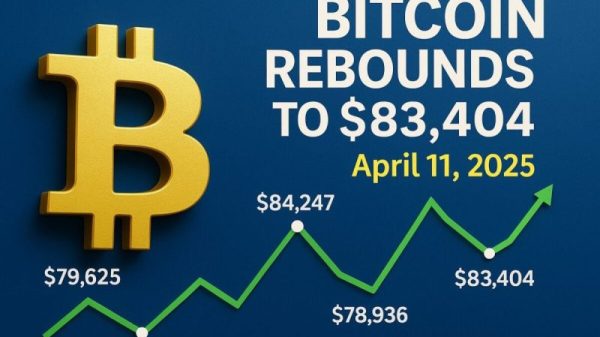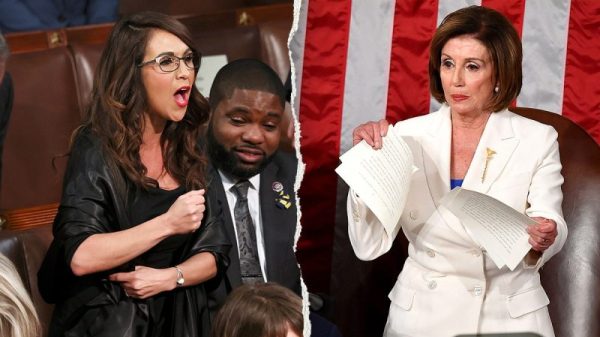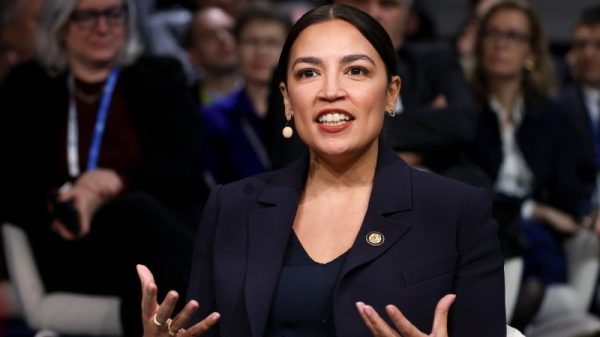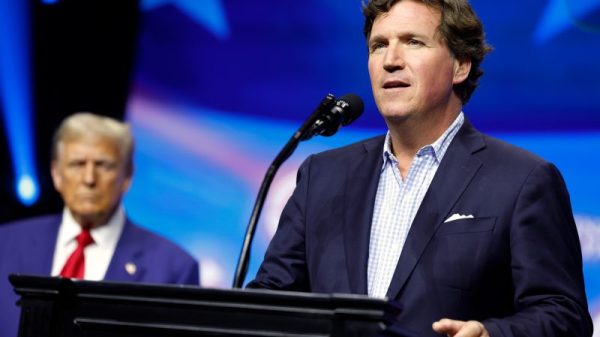IMF Advises Easing Germany’s 0.35% Debt Brake Limit
Quick Look:
IMF’s Suggestion: The IMF recommends easing Germany’s debt brake to boost public investment amid fiscal challenges, but the Finance Ministry worries about inflation risks.
Debt Brake Policy: Germany’s debt brake limits public deficits to 0.35% of GDP; easing it requires a significant political consensus.
Fiscal Reforms Needed: The IMF calls for broader fiscal reforms to manage spending and increase revenue, alongside boosting public investment in infrastructure, green transition, and digitalisation.
Germany is grappling with mounting fiscal challenges, prompting the International Monetary Fund (IMF) to suggest a reconsideration of the nation’s stringent debt brake policy. On Tuesday, the IMF highlighted the need for increased public investment to address Germany’s economic pressures, but the Finance Ministry remains cautious, citing inflation risks. This article delves into the debate surrounding the debt brake, its implications for Germany’s economy, and the broader fiscal landscape.
The Debt Brake: A Double-Edged Sword
Germany’s debt brake, a constitutional rule limiting public deficits to 0.35% of gross domestic product (GDP), has long been a cornerstone of the country’s fiscal policy. Altering this rule requires a two-thirds majority in both the Bundestag and the Bundesrat, making it a significant political hurdle. According to the IMF, the current cap is relatively tight, suggesting that easing it by about 1 percentage point of GDP could still maintain a downward trend in the debt-to-GDP ratio.
In its recent report, the IMF argued that relaxing the debt brake would provide Germany with much-needed fiscal space for public investment. This could be particularly beneficial in areas like infrastructure, green transition, and digitalisation, which are crucial for sustaining long-term economic growth. However, this recommendation is not without its detractors. Finance Minister Christian Lindner and other ministry officials have expressed concerns that such a move could rekindle inflation, which has only recently begun to subside.
Fiscal Reforms and Investment Needs
The debate over the debt brake comes on the heels of a significant disruption in Germany’s public finances. In November, a court ruling created a €60 billion shortfall, throwing the government’s financial planning into disarray. This has intensified the need for fiscal reforms to manage medium-term spending pressures and boost revenue.
The IMF emphasises that while easing the debt brake could facilitate fiscal consolidation, it should be accompanied by broader reforms. These include measures to reduce medium-term spending and enhance revenue streams, which are essential for maintaining fiscal stability. The organisation also underscores the importance of public investment in bolstering Germany’s growth prospects. This is particularly relevant as the country faces the dual challenges of rapid population ageing and the need for a green and digital transformation.
Economic Outlook and Demographic Challenges
Germany’s economic outlook presents a mixed picture. In its World Economic Outlook published in April, the IMF revised its growth forecasts for German GDP. They now predict a modest 0.2% growth in 2024 and 1.3% in 2025. The report anticipates a gradual recovery driven by consumer spending as inflation eases. By 2025, private investment should rebound, supported by improved demand and moderate monetary policy. Consequently, GDP growth should accelerate to between 1.0% and 1.5% during 2025-26.
However, demographic trends cloud the medium-term prospects. As the baby boomer generation retires and immigration slows, Germany’s working-age population will decline. This decline will be about 0.7 percentage points annually, the steepest drop among G7 countries.
Consequently, this demographic shift will reduce annual GDP growth to around 0.7% over the medium term. This reduction poses significant challenges for public finances.
The IMF suggests that bolstering medium-term growth will require substantial public investment, particularly in the green transition and digitalisation. Additionally, the German government should intensify efforts to cut red tape and promote digitalisation to enhance productivity and entrepreneurship.
Germany’s fiscal policy faces a critical juncture. While easing the debt brake could provide the necessary fiscal space for vital public investments, it must be balanced against the risk of inflation and the need for broader fiscal reforms. Navigating this complex landscape will be essential for sustaining Germany’s economic vitality in the coming years.
The post IMF Advises Easing Germany’s 0.35% Debt Brake Limit appeared first on FinanceBrokerage.






































